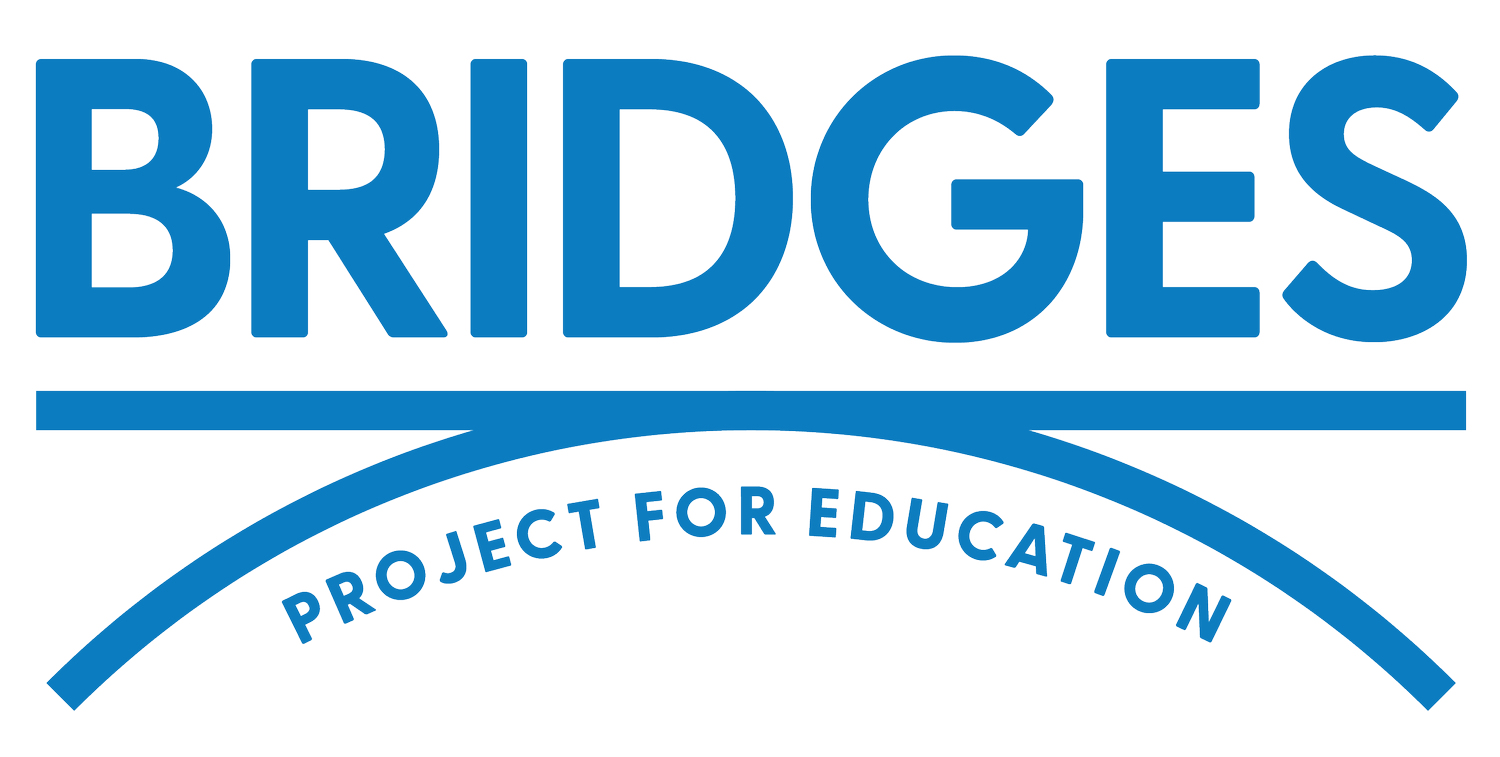
Mechanic + Teacher + Electric Car Mechanic + Ultrasound Technician + Agriculture Specialist + Nurse Practitioner + Composer + Dental Hygienist + Lawyer + Landscape Architect + Graphic Designer + Plumber + Data Analyst + Journalist + Pastry Chef + Electrician + Artist + Realtor + Speech Therapist + Esthetician + Ski Patroller + GIS Technician + Data Scientist + Copywriter + Recreation Therapist + Hair Stylist + Photographer + Forestry Technologist + Registered Dietician + Software Developer + Physical Therapist + Chef + Veterinarian + Occupational Therapy Assistant + Statistician + Art Teacher +
-
Mechanic + Teacher + Electric Car Mechanic + Ultrasound Technician + Agriculture Specialist + Nurse Practitioner + Composer + Dental Hygienist + Lawyer + Landscape Architect + Graphic Designer + Plumber + Data Analyst + Journalist + Pastry Chef + Electrician + Artist + Realtor + Speech Therapist + Esthetician + Ski Patroller + GIS Technician + Data Scientist + Copywriter + Recreation Therapist + Hair Stylist + Photographer + Forestry Technologist + Registered Dietician + Software Developer + Physical Therapist + Chef + Veterinarian + Occupational Therapy Assistant + Statistician + Art Teacher + -
Dreaming of a college degree or vocational trade certificate?
Bridge’s mission is to expand access to postsecondary education for students of all ages in Taos County.
Bridges Project for Education offers free, individualized postsecondary counseling and support programs to anyone living in Taos and Northern New Mexico.
Whether you’re a high school student, a non-traditional student or an adult learner, our services are meant to demystify the application process.
When is too late for college? Am I too old for vocational school? What schools are right for me? How can I afford school? Should I take the ACT or SAT? When should I start my college prep? What scholarships are right for me? How can I find student housing?
-
When is too late for college? Am I too old for vocational school? What schools are right for me? How can I afford school? Should I take the ACT or SAT? When should I start my college prep? What scholarships are right for me? How can I find student housing? -
We help prospective students of all ages:
-
Curate a personalized list of vocational schools, colleges and universities.
-
Complete admissions and scholarship applications
-
Strategize, edit and revise application essays
-
Both of FASFA and CSS Profiles help determine eligibility for aid. FAFSA determines eligibility for federal aid while the CSS Profile is a private form some colleges use to determine eligibility for institutional aid. We can help students apply with both the FAFSA and the CSS Profile.
-
Review financial aid packages
What are the challenges of accessing a postsecondary education?
The approach to a postsecondary education can be daunting. Some of the greatest obstacles are financial barriers; a lack of academic preparation; a deficit of access, information and support; socioeconomic and cultural factors; as well as personal and family responsibilities.
Every one of these challenges can be overcome.
We’re here to help guide would-be students of any age and from all backgrounds. Together we navigate the greatest challenges to push on through to the benefits of a degree or vocational certificate.
The greatest benefits of a postsecondary education:
-
Pursuing postsecondary education can provide individuals with a sense of personal fulfillment and accomplishment. Completing a degree or other postsecondary program can be a significant achievement that can boost self-confidence and lead to a sense of personal satisfaction.
-
Pursuing postsecondary education can also help individuals develop important life skills, such as critical thinking, problem-solving, and effective communication. These skills can be useful in both personal and professional contexts.
-
On average, individuals with a postsecondary education tend to earn more than those without one. This is because a postsecondary education can provide individuals with the skills and knowledge needed to qualify for higher-paying jobs.
-
A postsecondary education can also open up opportunities for career advancement and promotion within an organization. Many employers prefer to hire and promote individuals who have a degree or other postsecondary qualifications.
-
Individuals with a postsecondary education may also be more likely to have job stability, as they are often better qualified and more skilled than those without a postsecondary education. This can provide a greater sense of job security and financial stability.
-
Postsecondary education can break the cycle of poverty and provide a path to greater opportunity.
-
Pursuing postsecondary education can provide individuals with the opportunity to build social capital, including valuable networks, connections, and relationships. This can help them access better job opportunities and enhance their social mobility.








